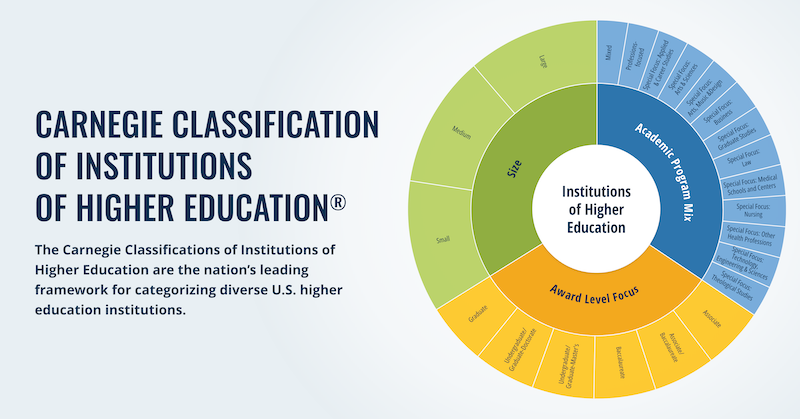Some people refer to Carnegie’s pathways—Statway™ and Quantway™—as college courses. And while students do register for them as a course, they are actually an instructional system.
This system includes some key components:
1. Ambitious learning goals leading to deep and long lasting understanding;
2. Lessons and out-of-class materials to advance these goals;
3. Formative and summative assessments, including end of module and end of course assessments;
4. Productive Persistence – an evidence-based package of practical student activities and faculty actions integrated throughout the instructional system to increase student motivation, tenacity and skills for success;
5. Language and literacy component which interweaves necessary supports in instructional materials and classroom activities so that learning is accessible to all;
6. Advancing teaching component to provide instructors with the knowledge, skills, and habits necessary to experience efficacy in initial use and develop increasing expertise over time. This dimension is essential in seeking to reduce the variability in outcomes; and
7. Analytics to support the continuous improvement of teaching and of the materials.
For developmental math students, having an instructional system with these components more effectively addresses their social and emotional barriers to learning. For the faculty member, it means, among other things, sharing in the development of curriculum and instructional materials across the Network. For the institution, it means there is data collection and analysis of their students’ progress, down to each class section.
Carnegie is combining the worlds of research and practice.
As illustrated by the components of the system, Carnegie is combining the worlds of research and practice in cognitive science, psychology, mathematics education, and pedagogy. To ensure the success of the pathways, campus teams participate in monthly conference calls with other teams and are supported by the Network. Faculty members integrate the instructional system components and assume the role of co-developers in a process that supports continuous improvement.
The key to Carnegie’s work is that members of the Networked Improvement Community work together toward one goal: the transformation of developmental mathematics education.
June 13, 2012
Carnegie is launching the Carnegie Alpha Lab Research Network, a National Science Foundation funded project that aims to coordinate the efforts of researchers interested in leveraging their own research expertise to improve the Carnegie Pathways.
July 24, 2012
The high levels of student success from the first year of Statway and Quantway highlight the power of working together, across campuses as a Networked Improvement Community.






